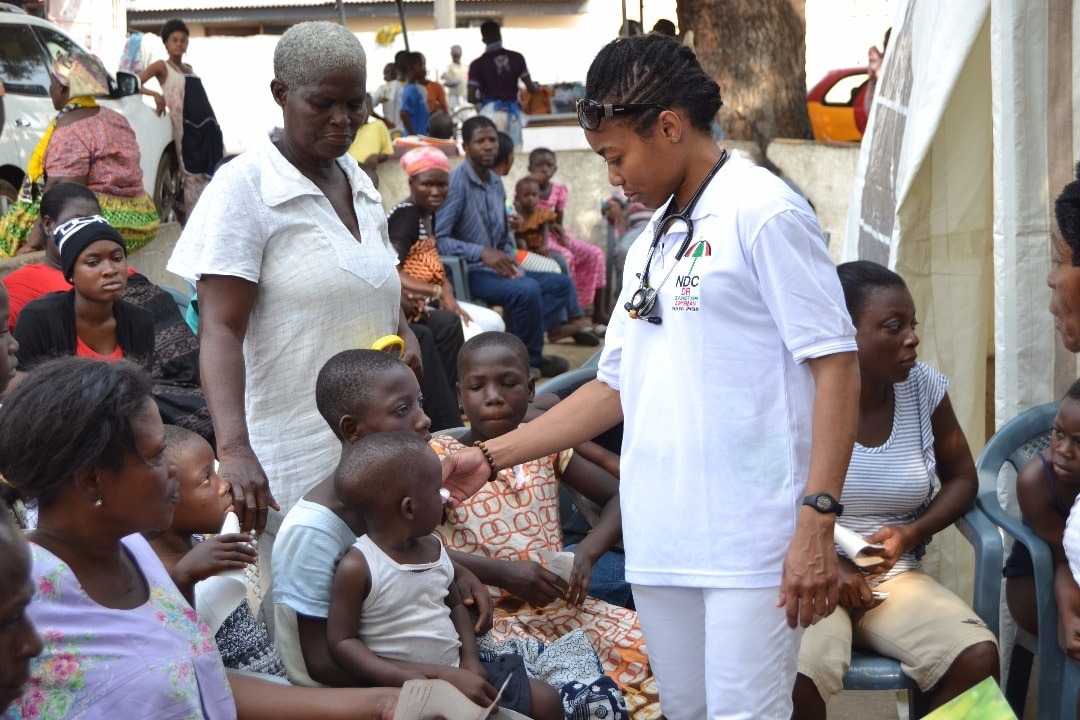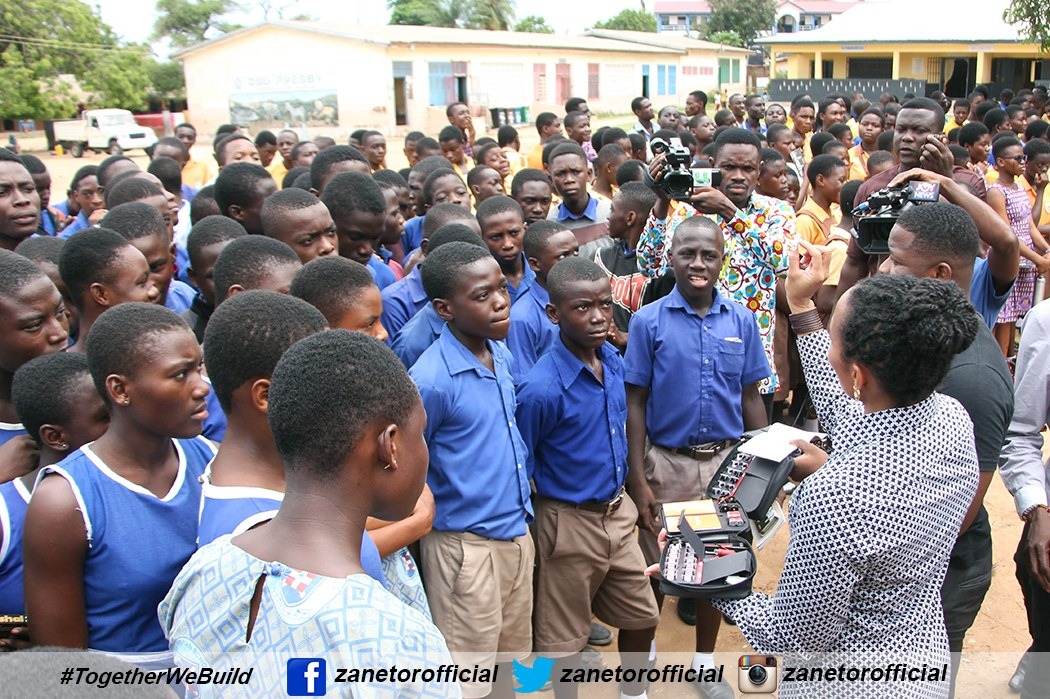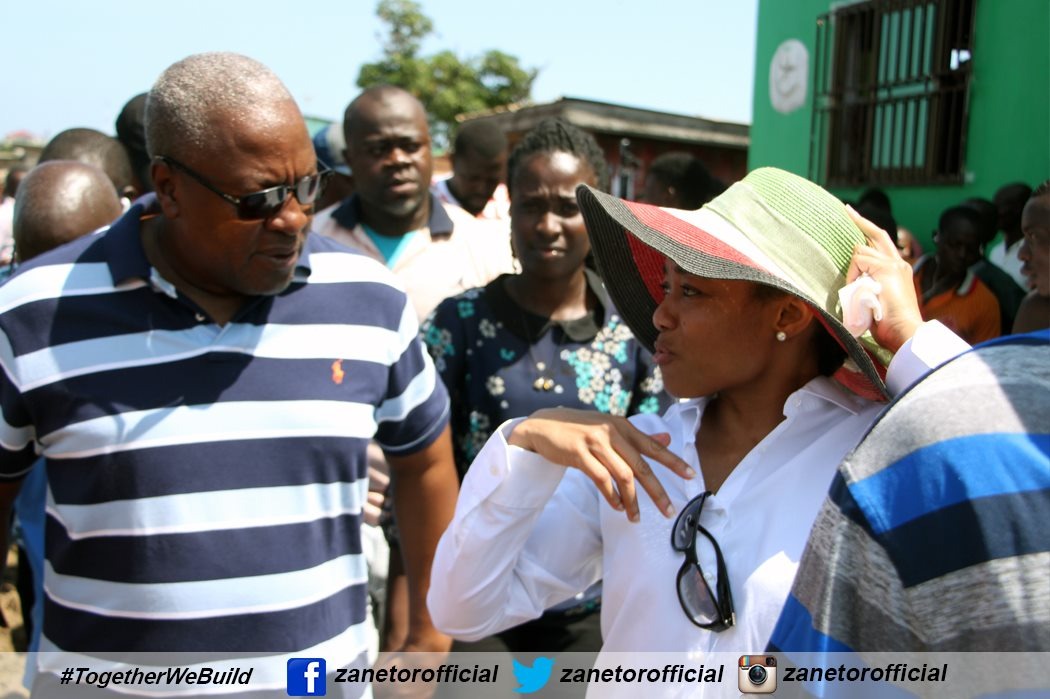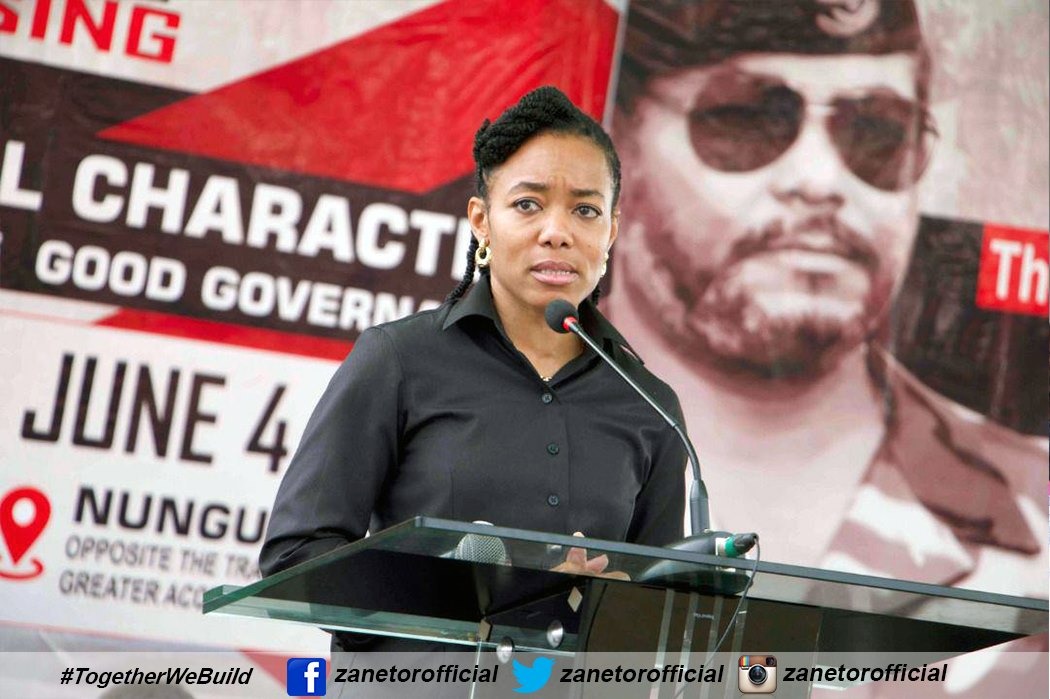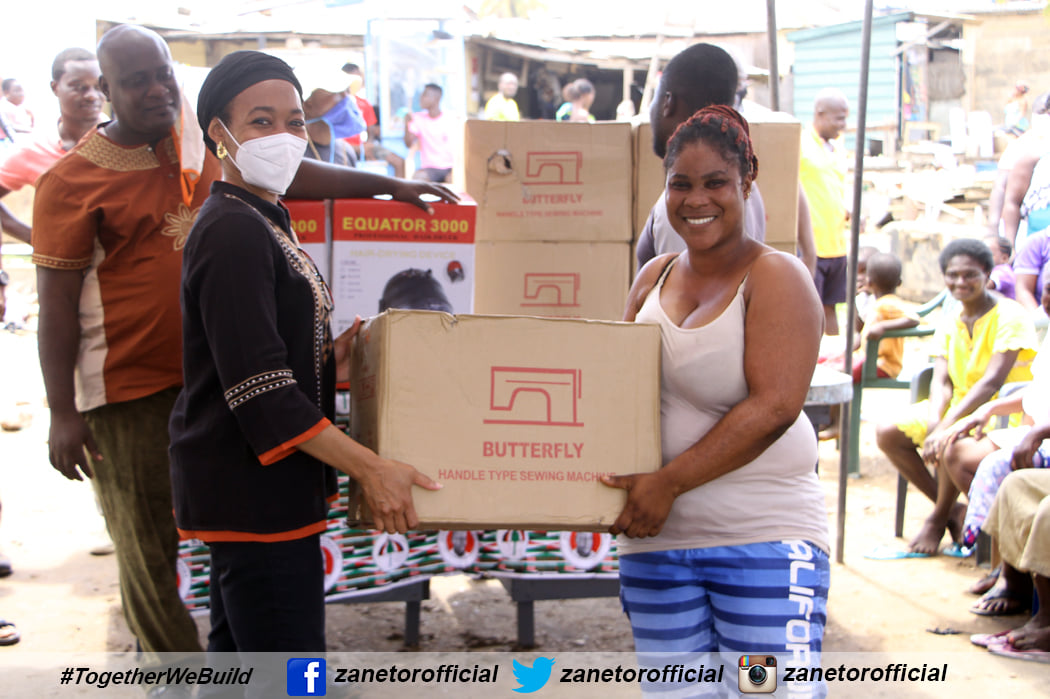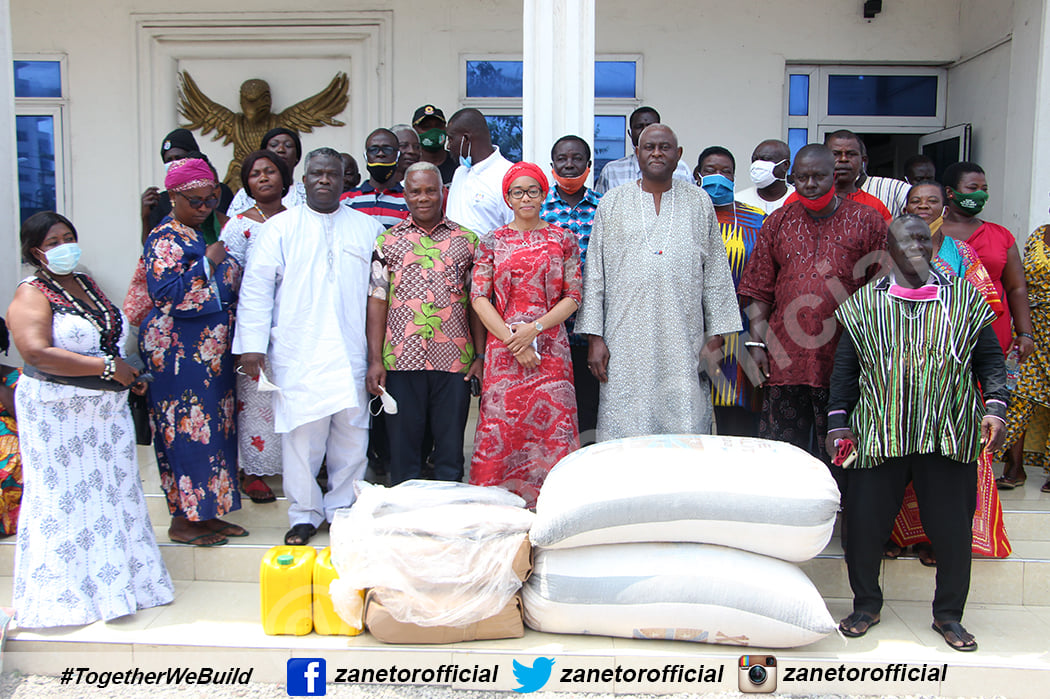Travel Report
SUBJECT: Climate Parliament Delegation of African legislators to Brussels and The Hague
DATE: 25th to 30th September 2022

Purpose of Travel:
The purpose of the travel was for a group of key Members of Parliament (MPs) from Ghana, Uganda, Egypt, Sierra Leone, Kenya and South Africa to meet with high-level European Union (EU) officials, Members of the European Parliament (MEPs) and donor agencies to learn first-hand about policies the EU is implementing to transition to net-zero by 2050 and to discuss their possible relevance for a just transition to renewable energy in Africa. Furthermore, the objective was to encourage peer to peer learning from Uganda, Nigeria and Kenya who have pioneered the passing of binding climate laws in their nations and to look for the continuation of grants for Climate Parliament.
Summary:
The Climate Parliament delegation, during its stay in Brussels, met with Ambassador Laurence Tubiana, Ms Jutta Urpilainen, Commissioner for International Partnerships of the European Commission, MEPs, MPs and other European officials, and reported about the work that they are doing to tackle the climate change threat in their respective countries and the efforts that are being employed to advance the transition to renewable energy.
With regards to Ghana, the climate change challenge is accelerating the spread of violent extremism and terrorism across the Sahel, which is one reason for its paramount importance in terms of National Security Strategy of the country.
The Climate Parliament inspired the creation of a Ghanaian national Climate Parliament Group, which currently constitutes more than sixty (60) members who are also MPs and who are working assiduously with their constituents to attain climate change goals in their respective constituencies. Particularly important to mention is the fact that these goals do not only include the reduction of CO2 emissions, however, they also include raising awareness and creating change of behavior with their constituents.
There are several acts, regulations and guidelines that govern operations within the renewable energy sector in Ghana. Some examples include The Energy Commission Act 1997 (Act 541) which is a general act that was passed to govern the transmission, sale, distribution and wholesale supply of electricity. Furthermore, The Renewable Energy Act 2011 (Act 832), which is climate change specific, is the primary legislation for the development, management, utilisation and adequate supply of renewable energy for the generation of heat and power and for other related matters. Implementing a general law that would guide in achieving climate change related goals would unite all existing acts relating to energy.
To answer the question if there are measures put in place to promote and develop renewable energy in Ghana it was pointed out that there are indeed numerous incentives for the promotion and development of renewable energy which include Duty and VAT exemptions for imported industrial or energy plant, machinery or equipment and imported solar panels and all off-grid solar system components respectively. Other measures and incentives include the Renewable Energy Fund, the mandatory purchase policy, the amendment of the Renewable Energy Act and the Renewable Energy Masterplan.
As part of reducing the carbon footprint of her constituents, Hon. Dr. Zanetor Agyeman-Rawlings illustrated the example drew on her example of the market women who sell freshly cooked food and smoked fish at the Osu Night Market, a very popular tourist attraction in Accra. Previously, the ovens used to prepare the meals emitted thick black smoke into the environment. This was due to the fact that the operation of these ovens required a lot of charcoal and firewood which exposed the market women to smoke, further causing respiratory diseases in the women. Furthermore, due to inefficient stoves and ovens traders also spent a significant amount of their earnings on charcoal and wood daily. In a bid to reduce the carbon footprint and improve the life of women and their children and to transform the Osu Night Market into an eco-friendly one, the old cookstoves and smoking ovens were replaced with new clean and nearly institutional cookstoves with four chimneys and three fish smoking ovens with chimneys, respectively, to direct the smoke away into the atmosphere. The results indicated an improvement in the air quality of the market and a reduction in carbon monoxide. This project shows that a reduction in carbon emissions is a tangible goal and that the Klottey-Korle constituents now contribute to reducing the carbon footprint.
Concerns Raised:
One of the challenges faced in Ghana is the procurement of technology, i.e. solar panels. Although there are VAT and duty exemptions in place, the ordinary Ghanaian is still unable to afford such products because they are too expensive. Consequently, reverting to and relying on fossil fuels is what is affordable and, therefore, done.
Additionally, MPs usually amend laws and agreements but they are not involved in the implementation of such legislations. Given that MPs are the direct link to the ordinary citizen in even the most rural community, they need to be empowered, their capacity must be built and they must be supported financially to implement projects in their constituencies.
Although Africa is only repsonsable for 2% of emissions, taking timely action against the climate change is relevant to guarantee that whilst social and economic growth are observed, it can keep up with industrialised nations and is not left behind. However, industrialised nations also have a moral obligation to ensure that as they look at the renewable technology and related matters, Africa is being empowered to do same so that Africa is not left at the bottom of the food chain because, as a matter of fact, Africa is only responsible for 2% of emissions and unfortunately because of the skewed manner in which African quality of life and economics are working out, the continent suffers the most for things that they do not contribute the most to.
Achievements:
The delegation was successful in getting across the core message that it is critical for development aid to recognise the important role that not just the executive but most importantly the legislative arm of the government plays in achieving net-zero, and it is even more important to support parliamentarians’ efforts, whether through the Climate Parliament or other organisations and projects.
Furthermore, the engagements underlined and acknowledged that laws cannot be implemented with a lack of finances, therefore financial support is necessary to accomplish the objectives of climate change laws.
The interactions with MEPs, with the EU Commissioner in charge of Africa and with MPs of Dutch parliament successfully communicated the significant contribution that MPs make in creating awareness among their constituents and therefore changing their behavior.
Peer-to-peer learning among the parliamentarians was also achieved given that the travel to Brussels provided the opportunity to learn from Hon. Lawrence Biyaka Songa, MP from Uganda, first-hand some of the key information on the successful passing of the revolutionary climate change law in their country, which has two (2) very interesting aspects to it. Simply put, the law does not only make it mandatory for any budget presented before parliament, by any of the Ministries, Departments and Agencies, to have a significant part dedicated to climate change, however, the law also requires gender mainstreaming for any budget to pass on the floor of parliament.
European Commissioners stated that the EU was prepared to invest in Africa’s capacity-building and guaranteed €150 billion to help the continent’s transition to renewable energy sources.
| M | T | W | T | F | S | S |
|---|---|---|---|---|---|---|
| 1 | 2 | 3 | 4 | 5 | 6 | 7 |
| 8 | 9 | 10 | 11 | 12 | 13 | 14 |
| 15 | 16 | 17 | 18 | 19 | 20 | 21 |
| 22 | 23 | 24 | 25 | 26 | 27 | 28 |
| 29 | 30 | 31 | ||||

